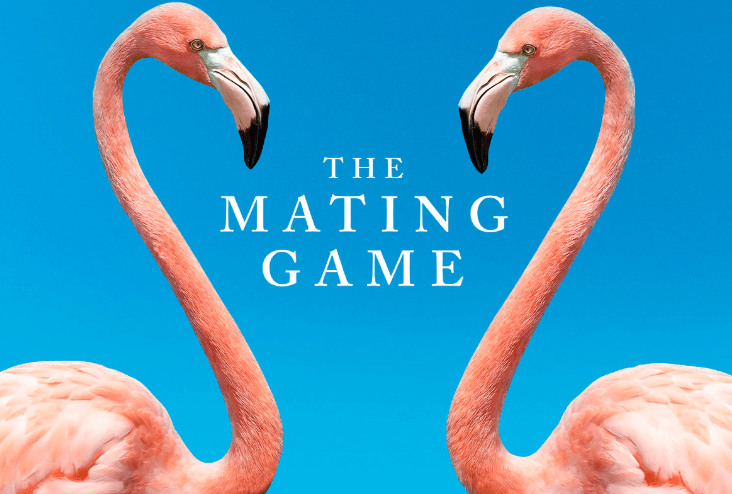The new BBC documentary “The Mating Game” has attracted widespread attention since it was broadcast.
Netizens left comments and praised the quality of the program: “The color and sense of form of this documentary are so good to watch, any cut of it can be used as a color reference” “This quality, true color hdr plus Dolby, I love it”…
“The Mating Game” mainly talks about the challenge of finding a mate, which is closely related to almost all animals on the planet.
The lens not only focuses on grasslands and jungles on land, but also marvelous animal courtship stories in different environments such as freshwater and ocean.
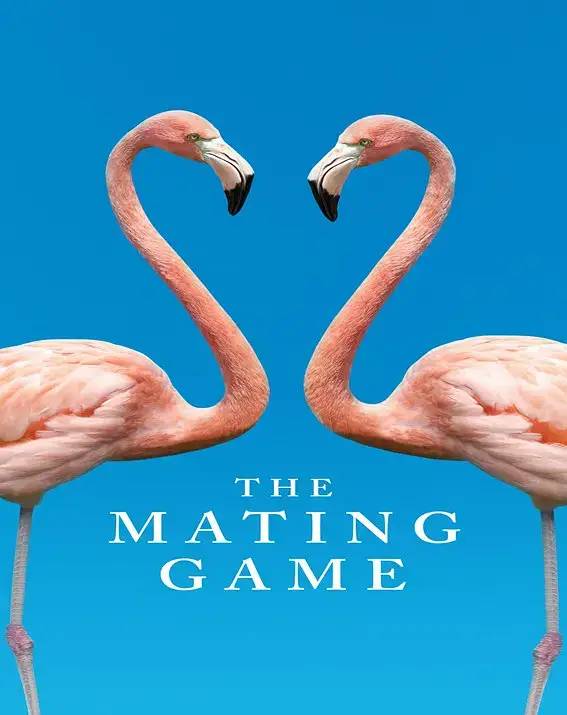
Expanding the boundaries of species from grassland to ocean “The Mating Game” reveals more courtship behaviors in the animal kingdom
“The Mating Game” uses the biological behavior of “courtship” as an incision, telling the audience the different strategies of various creatures in the animal world on the topic of reproduction.
“Courtship” can help many animals successfully pass on their genes to the next generation.
But how will animals overcome the challenges that the environment brings to them, successfully reproduce their offspring, and leave a permanent legacy?
In the first broadcast of the program, the audience saw kangaroos fighting violently to find a spouse, Philomachus pugnax who “disguised as a woman” to trick the female into getting pregnant, and nursery-web spider who gave “second-hand gifts”…
“The Mating Game” allowed the audience to witness the most dramatic, dramatic, unexpected and funny courtship strategies of the Animal Kingdom.
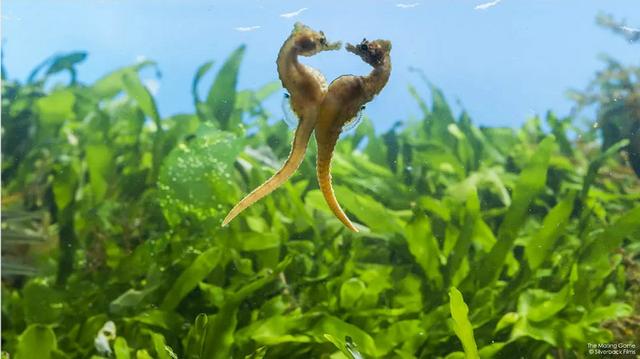
It allows the audience to have a deeper understanding of the various difficulties and obstacles that animals need to overcome in the courtship game.
In the “violent boxing match” created by kangaroos for courtship, the audience saw the importance of courtship in the animal world.
In addition to the animals on land, the courtship stories in the ocean world and the jungle also brought countless joy to the audience.
Finely capture the courtship behavior of animals, explore the harmonious symbiosis of nature
“The Mating Game” was shot with 8K resolution, whether it was the courtship strategy selected in the film or the various stages of courtship.
Whether it is underwater or on land, the film clearly shows all the details.
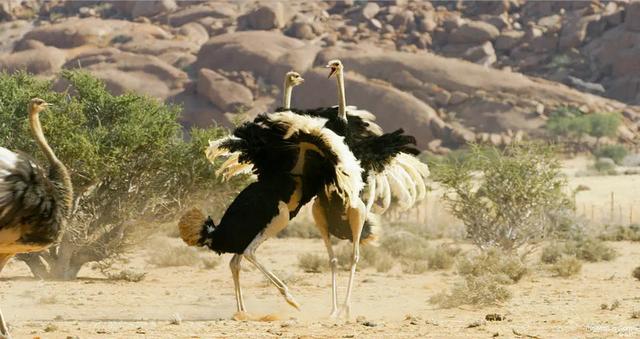
Through high-definition photography, the audience saw the tiny bit of termite colony in the termite nest, saw the high-speed swinging fists of kangaroos fighting each other, and saw the slender spider silks when the nursery-web spider weaves the web…
Captured by the lens, these moments perfectly restored the various behaviors of the animals during courtship and met the audience’s requirements for details.
In addition to capturing the wonderful moments of animal courtship, “The Mating Game” also uses courtship behaviors between animals to further explain to the audience how various lives in the natural ecology coexist harmoniously and connect destiny.
During the courtship process, the horned wildebeest collided fiercely with the same species, but the next step may also become the food for the maned dog or cheetah.
When the local Philomachus pugnax fights with the foreign Philomachus pugnax, it may also be the “male disguised as a woman” Philomachus pugnax to take the lead…
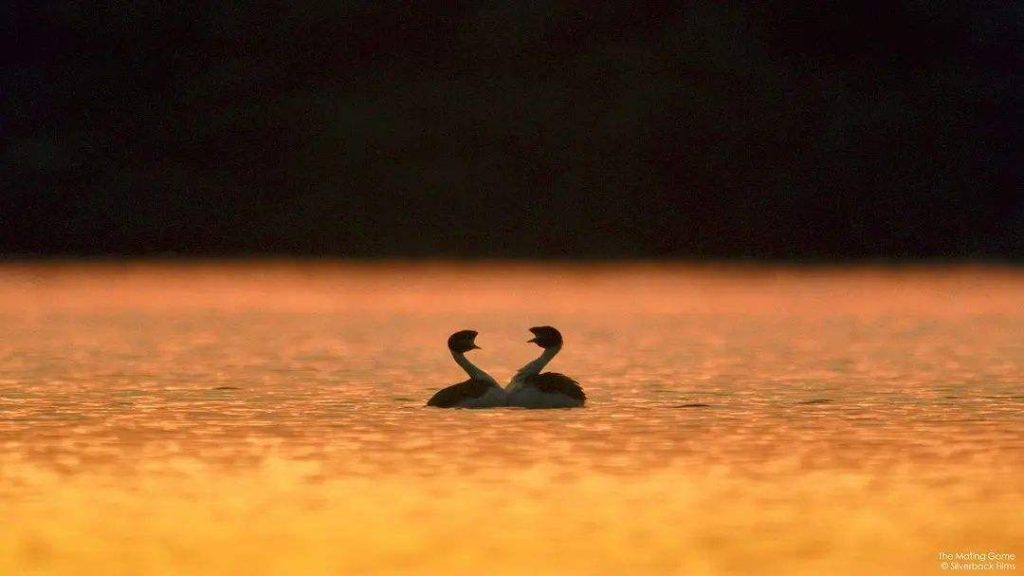
The picture scrolls convey a signal: Courtship is an act that animals must perform in order to reproduce.
But no matter what kind of animal it is, whether it is successful in courtship, they all form a harmonious and symbiotic ecosystem in nature.
Struthio Camelus beat and scolded, bumping his chest muscles. The zebra will bite each other until the skin breaks and the blood bleeds.
Macropus giganteus is 2 and a half meters tall, and when they are fighting, they have a leg facing the lower body.
Megaptera novaeangliae is even more terrifying. They will collide with each other with their bodies weighing 35 tons, disturbing the entire sea area.
All their efforts are to continue their genes.
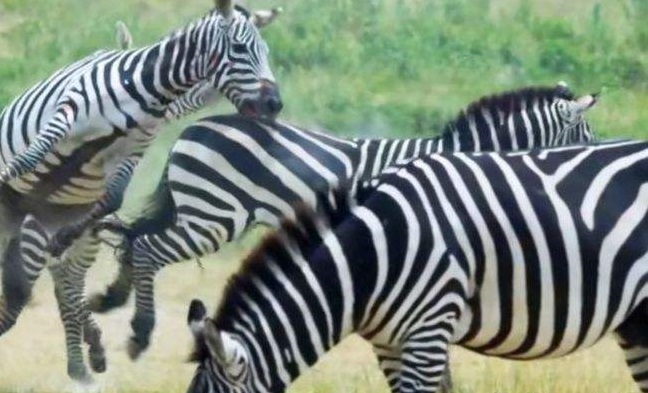
But only those who stand out among the same sex are eligible to be picked by other females.
So every victory deserves the ecstasy of male animals.
Zebra sticks out his tongue + yells to celebrate. The wildebeest at the corner will jump, shake its head and shake its head.
As for the loser, that can only flee in a desperate manner.
Either fight again in the coming year, or just wait for an opportunity to pick up the leaks. However, this degree of difficulty is too high for non-ordinary people to succeed.
Secondly, the conditions for female animals to choose a mate are very harsh.
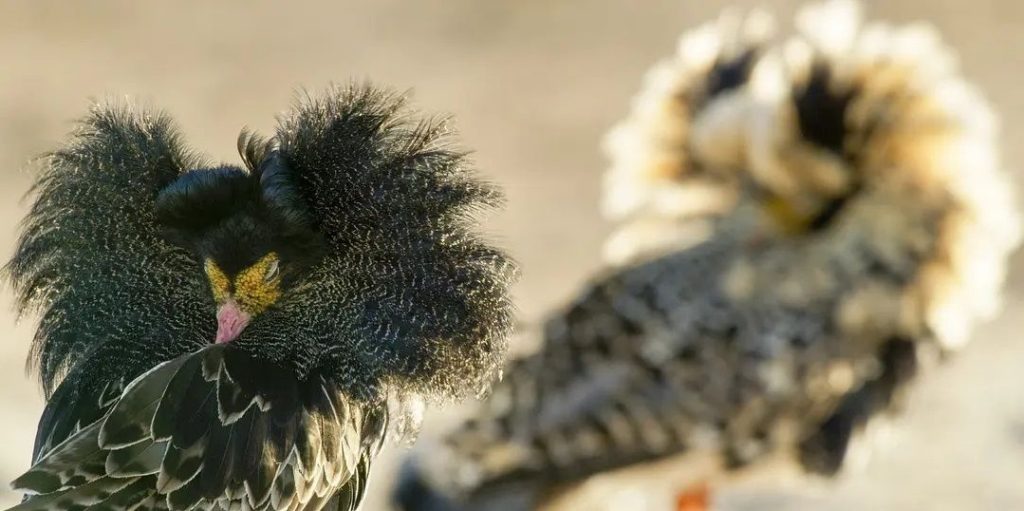
The male who passed the “sea election” is already exhausted and half dead.
When the formal blind date comes, you have to put out 100% energy immediately.
After all, females are generally followed by a dozen or twenty suitors, and they can’t take it lightly.
Some females focus on physical fitness, such as Struthio camelus.
Female Struthio camelus will attract males to chase themselves. Struthio camelus can reach speeds of up to 60 kilometers per hour, and how long they run and how far they run depends on their mood.
The purpose of female Struthio camelus is to test the physical strength of males.
When the female Struthio camelus slows down, the male Struthio camelus must take the initiative. First they straightened their chests, showed their feathers, and approached the female Struthio camelus with small steps.
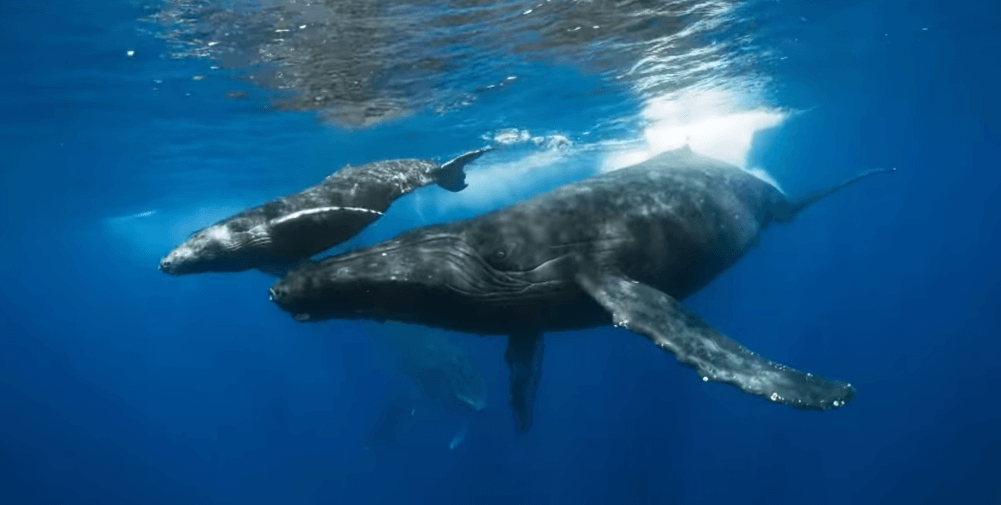
If it still doesn’t work, then the male Struthio camelus will have to use his nirvana—kneel directly and act like a baby online.
As the land animal with the largest eye-to-brain ratio, the female Struthio camelus will examine all the details of the man’s body.
The old, weak, and sick with not enough calf powder and bright feathers don’t even want to breed offspring.
Some females look at their appearance, such as Philomachus pugnax.
Their blind date meetings are elegant and upscale.
First of all, the male Philomachus pugnax looks very Victorian. And they have no violent tendencies and can tolerate foreign competitors to show their flattery on the same stage.
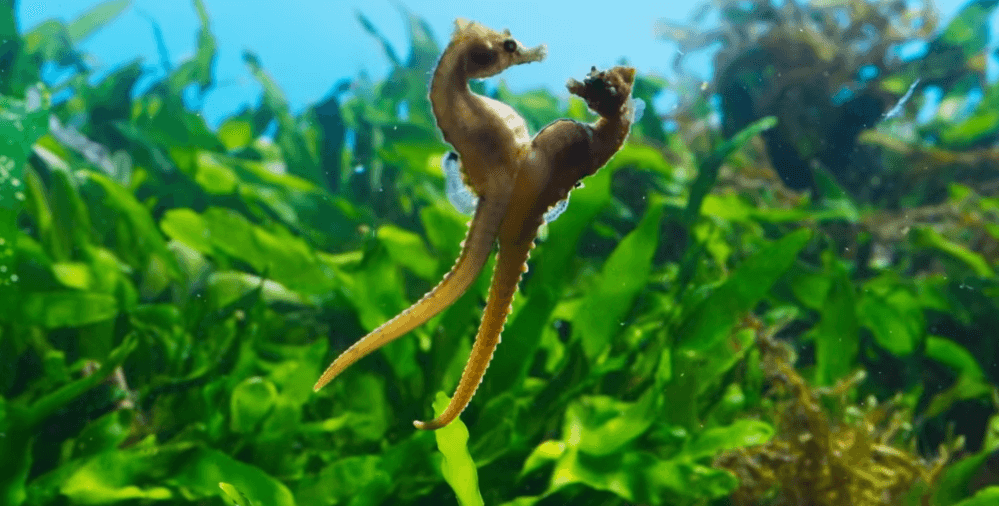
They will also fly into the air to show their posture in all directions.
Once attracted the attention of the female Philomachus pugnax, they began to compete. The male Philomachus pugnax will stick to the floor and show off his feathers.
The female Philomachus pugnax shuttles freely in the field, picking the best-looking offspring to reproduce, and skipping the unsightly ones.
Some females see ability, such as nursery-web spider.
In order to gain the favor of female nursery-web spiders, male nursery-web spiders must catch enough prey, and they must also be packaged with spider webs and sent to the female side.
The number of prey is too small, and the quality is too low. This measurement is the work efficiency of male nursery-web spiders.
Some females look at personality, such as Bolbometopon muricatum.

Female Bolbometopon muricatum likes to be patient and gentle. So during the blind date, the male Bolbometopon muricatum simply turned into a gentleman.
Not only do they come on call and chat with them at any time, but they also have to act as personal bodyguards for hard work.
Don’t let them have the time and energy to seduce other opposite sex at all.
To be selected by the female Bolbometopon muricatum through many trials is of course a winner in life. So can the male guests who are unsuccessful have to be alone forever?
Really not necessarily.
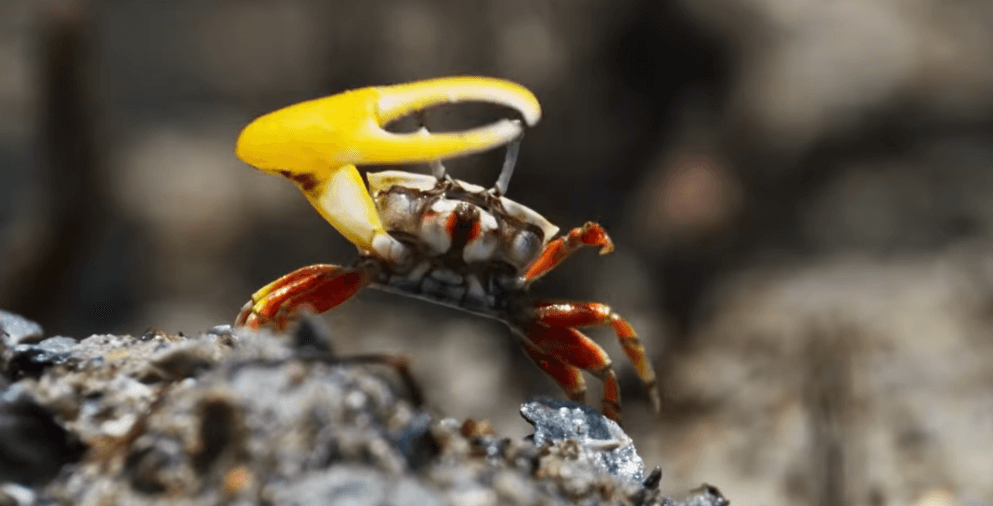
There are always a bunch of males who want to change their destiny. So they came up with all kinds of strange tricks. The good-looking male Philomachus pugnax disguised as a female.
1% of male Philomachus pugnax have a female appearance.
They will first pretend to be fair ladies, causing other male Philomachus pugnax to be jealous. Then take advantage of them when they can’t get along with each other, pick up girls quietly.
This trick is a hundred-for-all.
The clever male becomes a master of fraud.
Some male nursery-web spiders cannot catch enough prey during blind dates, and they start to search around for the leftovers left by others.

The male nursery-web spider thinks that as long as the web is well packed, the female will not find it tricky.
After repeated successes, it has become more courageous. It directly wraps a flower and pretends to be food.
But let’s not say, this trick can really fool females.
It turns out that besides force in nature, IQ is also very important.
There is also a simple-minded type with well-developed limbs.
If other Damaliscus lunatus can’t beat others, it’s enough to save lives. But this Damaliscus lunatus reacted slowly, and he didn’t want to give up.
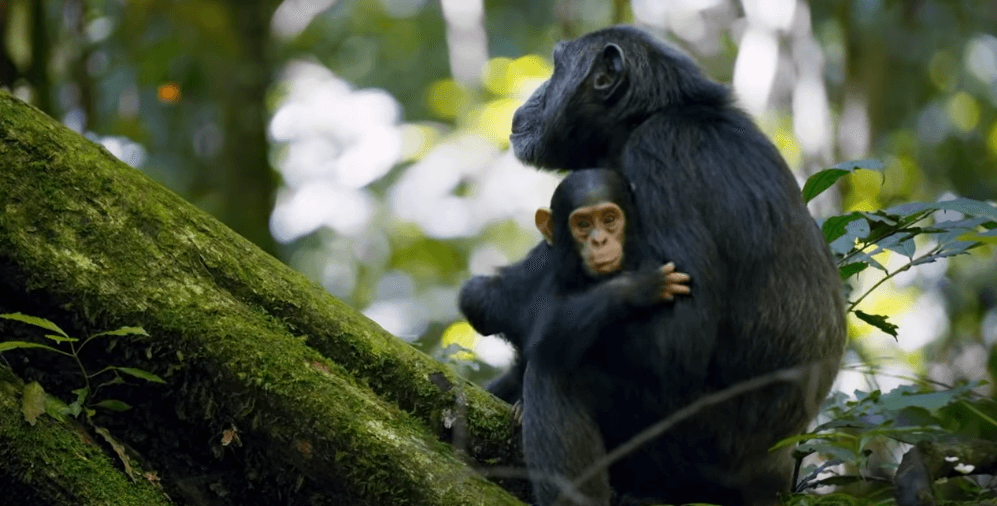
He tried an awkward dance first, but no one cared.
But the most useful thing is that it warns of approaching predators when the female Damaliscus lunatus is walking.
Although it was just a flicker, the female Damaliscus lunatus managed to relax her guard. Finally succeeded in holding hands.
However, the tragedy is that it only enjoyed a few seconds of happiness.
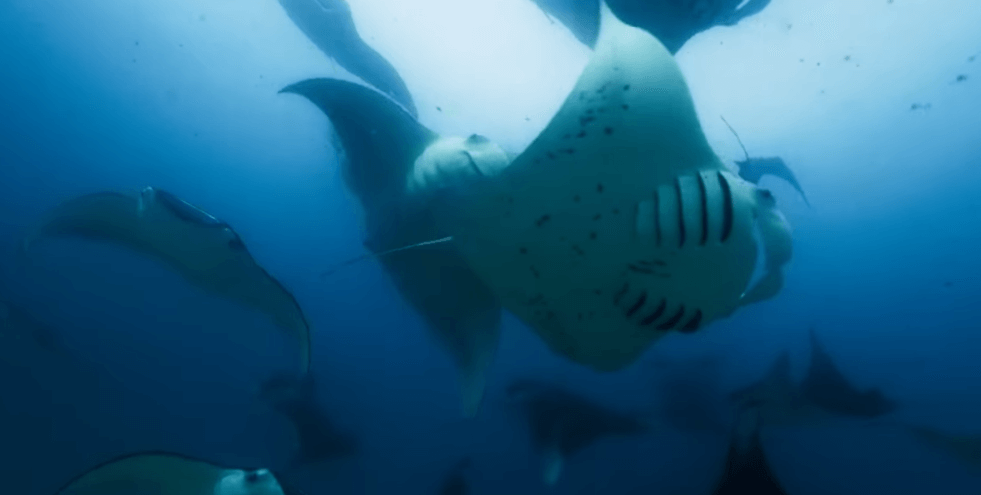
Because during the courtship period of several weeks, it was almost untouched and never sleep. It can only rest on the grass afterwards.
But the grassland is not a quiet hotel. Physical exhaustion made it relax its vigilance. In the end it became a Chinese meal for 3 cheetahs.
Reproduction is the top priority in nature. Even if you pay the price of your life, you will not hesitate.
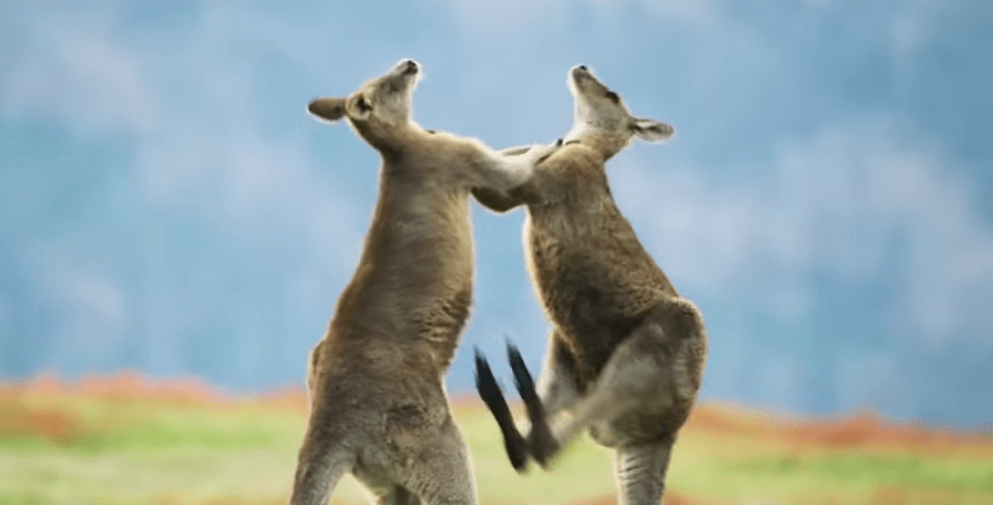
From this perspective, these animals are indeed better than humans.
Not only that, they can even be ashamed of many things.
For example, when a female animal meets a blind date that she doesn’t like. Either ignore it, or if you’re chased, you’ll immediately pick you up.
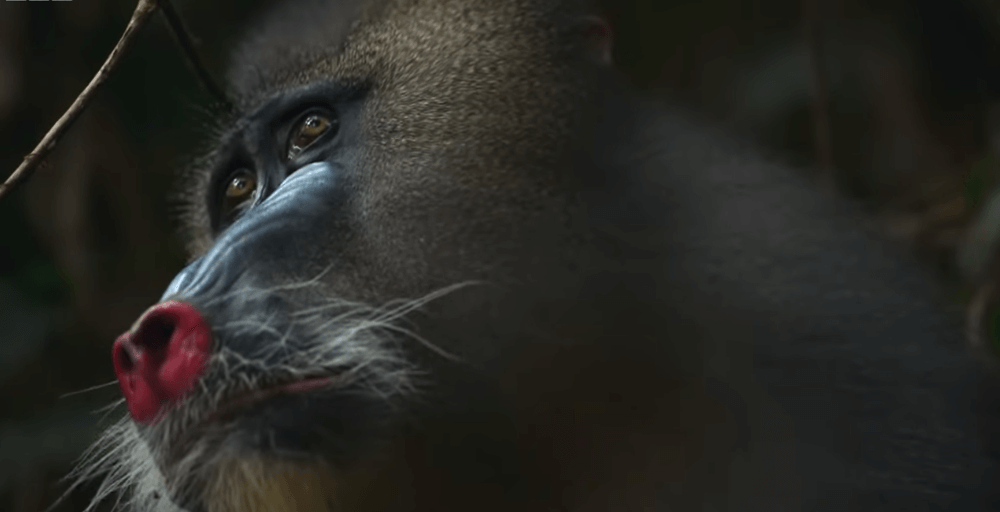
Female animals will be repeatedly examined and inspected in various ways to ensure the eugenics and nurturing of the offspring.
Most of the male animals also showed amazing patience. Facing the blind date, first reveal the family background, and then step by step.
They also have their own sense of romance and ritual.
For example, Podiceps gallardoi does not fight to grab a spouse, but instead relies on dancing to attract.
The best jumping Podiceps gallardoi is the winner.

The brutal side of animals is generally only used to challenge the strong. Humans and animals share weal and woe.
Even though the rhythm of the whole film is very lively and funny, it still inevitably returns to the relatively heavy ecological problem in the end.
With the large-scale invasion of human beings, there are fewer and fewer blind dates in nature, and the number of many species is also plummeting year by year.
Today, there are only 700 Podiceps gallardoi who love to dance, which is much lower than that of giant pandas. And species more endangered than them, in fact, abound.
Let us walk into “The Mating Game” and feel the infinite wisdom born by all creatures in nature to multiply!
Related Post: BBC’s new work “The Mating Game” was launched on October 4th.
